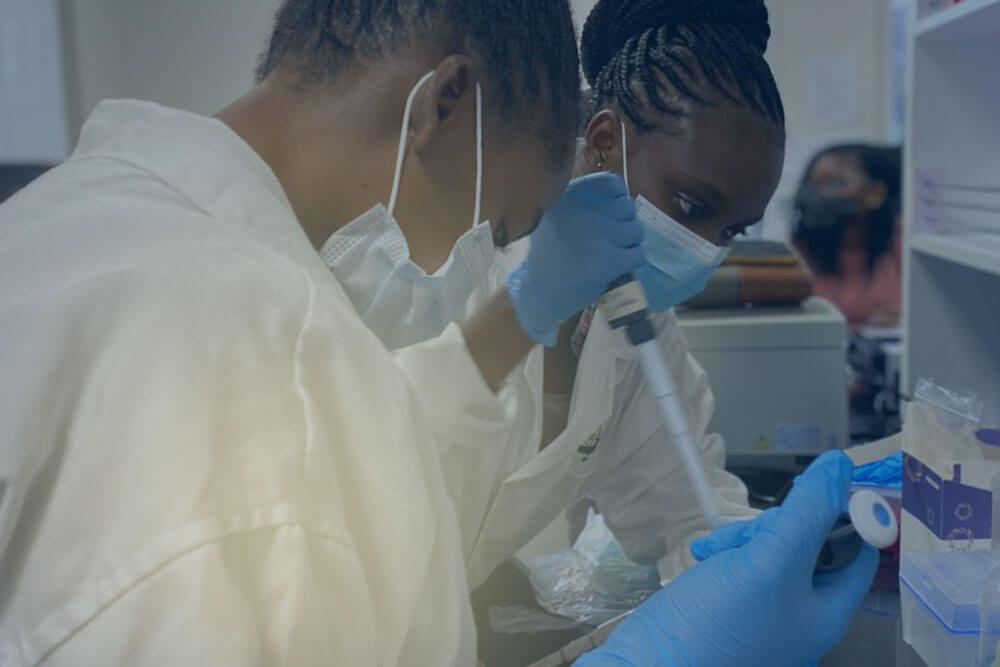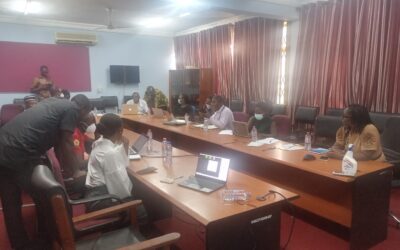Strong malaria surveillance systems also help design effective health interventions and evaluate the impact of malaria control programmes.
Malaria surveillance is the continuous and systematic collection, analysis and interpretation of malaria-related data
The data collected during malaria surveillance is used in the planning, implementation and evaluation of public health practice. Improved Malaria surveillance enables countries to monitor changing disease patterns and determine the appropriate interventions for affected populations or groups.
Our Ongoing Projects on Malaria Survellance
Rapid Pooling Project
Proudly Funded by:

In Collaboration With:

In partnership with the National Malaria Elimination Programme (NMEP) in Ghana, this project aims to improve the Malaria Molecular Surveillance system of Ghana by introducing an innovative surveillance scheme involving rapid collection of blood samples from malaria patients by clinical staff as a preserved liquid sample, combined with rapid laboratory pooling, and next-generation sequencing.
The project is currently running on the sentinel sites established by the NMEP and we hope to fully integrate this innovative scheme into the National malaria surveillance program.
Recent News
Anita Ghansah Lab Presentation – Malaria Surveillance
https://youtu.be/TmfiephN7WY
Workshop on Varcode
Today we begin our varcode training with Dr. Anita Ghanasah and Dr. Kathryn Tiedje. Dr Kathryn Tiedje is a Research Fellow working in the laboratory of Prof. Karen Day based in the Peter Doherty and Bio21 Institutes at The University of Melbourne, AU. Kathryn is an...
Meeting with NMCP
The National Malaria Control Programme (NMCP) in collaboration with the Noguchi Memorial Institute for Medical Research (NMIMR) have worked together for many years to control Malaria in Ghana. Earlier this year, the NMCP gave the Ghansahlab the opportunity to...




